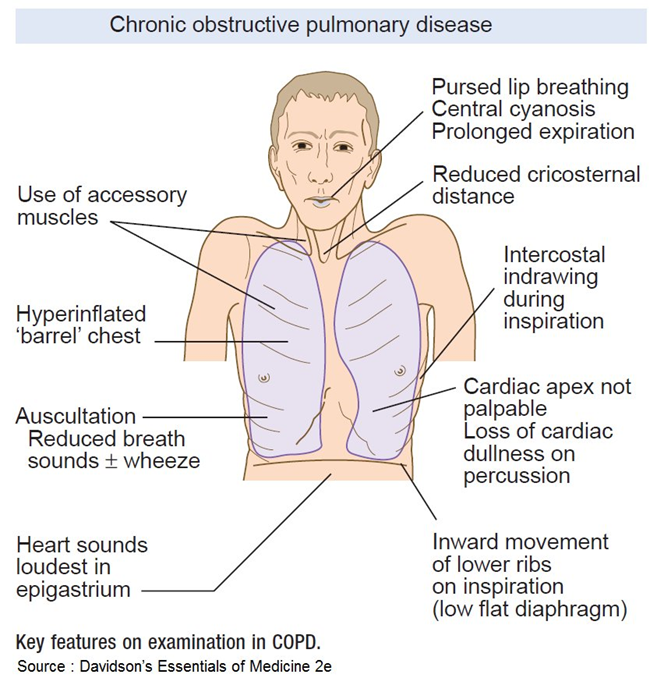A client with a complex cardiac history is scheduled for transesophageal echocardiography. Which of the following statements, if made by the nurse, is inappropriate?
“The test will provide a detailed profile of the heart’s electrical activity.”
“I will need to start an IV in your arm before the test.”
“Your throat may be a little sore after the exam.”
“You will need to refrain from eating and drinking 6-8 hours before this test.”
The Correct Answer is A
A. "The test will provide a detailed profile of the heart’s electrical activity."
This statement is inappropriate because transesophageal echocardiography (TEE) primarily provides detailed images of the heart's structure, such as the valves and chambers, rather than focusing on the heart's electrical activity. The assessment of electrical activity is typically associated with electrocardiography (ECG or EKG) rather than echocardiography.
B. "I will need to start an IV in your arm before the test."
This statement is appropriate. It is common for medical procedures, including TEE, to require an intravenous (IV) line for administration of medications or fluids during or after the procedure.
C. "Your throat may be a little sore after the exam."
This statement is appropriate. TEE involves inserting a probe through the esophagus, and it is common for patients to experience a sore throat afterward due to the presence of the probe.
D. "You will need to refrain from eating and drinking 6-8 hours before this test."
This statement is appropriate. It is standard practice to ask patients to fast for a specific period before TEE to minimize the risk of complications, such as aspiration, during the procedure.
Nursing Test Bank
Naxlex Comprehensive Predictor Exams
Related Questions
Correct Answer is C
Explanation
A. Kyphosis and clubbing of the fingers:
Kyphosis refers to an excessive forward curvature of the spine, which is not directly related to diminished breath sounds. Clubbing of the fingers is often associated with chronic respiratory conditions, but it is not directly linked to the finding of diminished breath sounds.
B. Dyspnea and hypoxemia:
Dyspnea (shortness of breath) and hypoxemia (low oxygen levels in the blood) are common symptoms in COPD, but diminished breath sounds may indicate an additional concern, such as pneumothorax or other complications.
C. Sepsis and pneumothorax:
Diminished breath sounds can be a sign of pneumothorax, a condition where air accumulates in the pleural space, leading to lung collapse. Sepsis is a risk in clients with COPD due to the potential for respiratory infections. Monitoring for these complications is crucial.

D. Bradypnea and pursed-lip breathing:
Bradypnea (slow breathing) and pursed-lip breathing are coping mechanisms that individuals with COPD may use to manage their breathing difficulties. While they are relevant in the context of COPD, they are not directly associated with the finding of diminished breath sounds.
Correct Answer is D
Explanation
A. Monitor daily weights and urine output.
Monitoring daily weights and urine output is an important aspect of managing heart failure or other cardiac conditions. However, in the context of a client with chest pain, ST elevation, and elevated cardiac enzymes (indicating a myocardial infarction), the immediate focus is on addressing the acute event and reducing myocardial oxygen demand.
B. Administer TPA to prevent further damage as a result of a clot.
Tissue plasminogen activator (TPA) is a thrombolytic medication that can be administered to dissolve blood clots in the coronary arteries during a myocardial infarction. However, the administration of TPA has a specific timeframe within which it is most effective. It is crucial to know the elapsed time since the onset of symptoms, and there are specific criteria and contraindications for its use.
C. Provide client education on medications and diet to prevent recurrence.
Client education on medications, lifestyle modifications, and dietary changes is an essential component of long-term management for preventing recurrence of cardiovascular events. However, during the acute phase of a myocardial infarction, the immediate priority is to stabilize the client and address the acute event, with education being a secondary consideration.
D. Reduce pain and myocardial oxygen demand.
During the acute phase of a myocardial infarction, reducing pain and myocardial oxygen demand is the highest priority. This is typically achieved through the administration of medications such as nitroglycerin for vasodilation and opioids for pain relief. Other interventions to optimize oxygen supply and demand, such as supplemental oxygen and reperfusion strategies, may also be considered.
Whether you are a student looking to ace your exams or a practicing nurse seeking to enhance your expertise , our nursing education contents will empower you with the confidence and competence to make a difference in the lives of patients and become a respected leader in the healthcare field.
Visit Naxlex, invest in your future and unlock endless possibilities with our unparalleled nursing education contents today
Report Wrong Answer on the Current Question
Do you disagree with the answer? If yes, what is your expected answer? Explain.
Kindly be descriptive with the issue you are facing.
